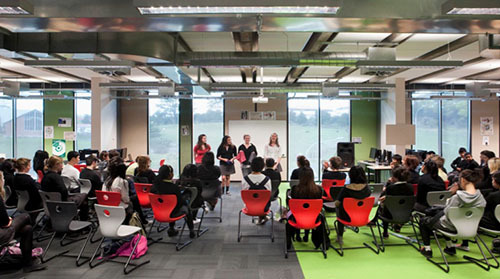
New Zealand has one of the most devolved school systems in the Western world. Eğer, Örneğin, a school in New Zealand is failing, the final say on all things resides with the school community. A statutory manager may be sent to the failing school, but according to Dr. Biberiye Hipkins, Chief Researcher at the New Zealand Council for Educational Research (NZCER), “the brief will be about getting the administration back on track (in terms of New Zealand’s National Administration Guidelines).” While the school’s Board of Trustees must also report to the Ministry of Education on the achievement targets the school has developed, Rose notes that “educational leadership of the school, and meeting the National Educational Guidelines, resides with the principal and the senior management team.”
Transformative thinking and change in education starts with a passionate commitment to provide young people with the tools they will need to succeed in a 21st century world. What kinds of skills and attributes should an educated New Zealander have? Rose Hipkins and her research team, including Rachel Bolstad, Sally Boyd and Sue McDowell, have provided insights in their new book entitled, Gelecek için Temel Yetkinlikler. Like many other nations, New Zealand developed its own set of key competencies, adapted from the OECD originals. The authors wanted to go further, and so applied more than a decade of research and knowledge to create a book which enables educators to understand the competencies within the New Zealand Curriculum more deeply so as to inspire more innovation in their practice. I invited the authors to share their perspectives with us in Eğitim Global Arama.

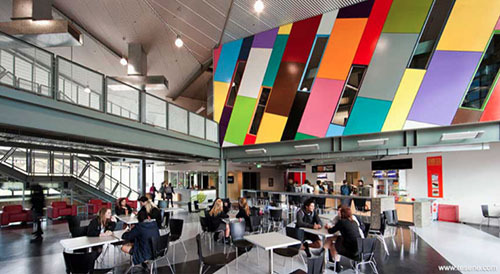
What were the key competencies you defined for a 21st century education in this book?
Rose: We see the important question as being about what we want our young people to be capable of doing and being as a result of their learning. A late 20th century UNESCO project that addressed this question identified four “pillars of learning” for the 21st century: learning to know; learning to do; learning to live together; and learning to be. The OECD subsequently redeveloped the general thrust of the four pillars as a set of key competencies. Like many other nations, New Zealand then developed its own set of key competencies, adapted from the OECD originals. We wanted to go further – to look beyond the assumption that naming a set of competencies in a national curriculum will be enough to trigger changes in practice. So we worked backwards from the analysis of some well known wicked problems (küreselleşme, Gıda güvenliği, İklim değişikliği, sosyal adalet, change in education itself) to arrive at a hopeful set of aspirations for who we want our young people to be. Örneğin, we want our young people to: know who they are, what they value and why, and where they fit in; to question knowledge claims, rather than take them at face value; and to look beyond immediate causes to consider the joined-up nature of things and events in the world.

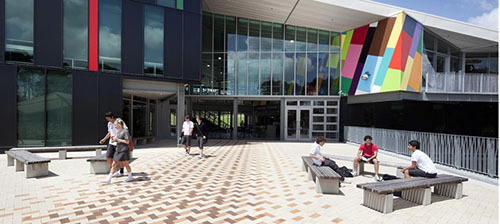
Why does education require transformative change now? Why is this change difficult?
Rachel: It’s easy to get swept up in the zeal for educational değişiklik, but first we need to achieve transformative educational thinking. Evet, some things yap need to change, but at the same time there are also many fantastic ideas and practices that we need to hold on to and even amplify across the system. “Transformation” is as much about all of us being willing to change ourselves as it is about changing the system. We need to get better at knowing what’s important and what’s not. We need to get comfortable asking questions about how education connects to the kind of future(s) we want for ourselves and our societies. Facing those questions without feeling overwhelmed or losing our way is probably the hardest part of all of this. Creating change itself isn’t always as difficult as it may seem. Aslında, we’ve observed that when people do tackle those big important questions it can unleash a lot of passion and creative energy. That’s certainly something we need more of at every level of the education system and in all the places where education touches the rest of our society. Some people think change is exciting and empowering, some people think it is scary and difficult. It’s both. We’ve tried to model a creative and energy-giving approach in the book without shying away from the difficult questions.

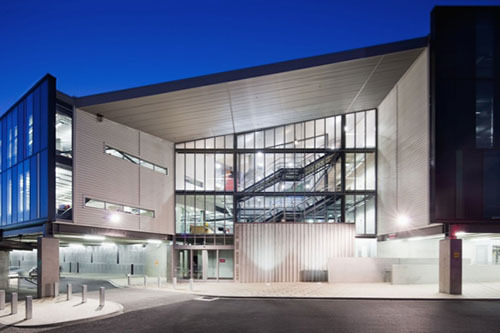
Please share some examples of how “innovative teachers” are making a positive difference in their classroom practice.
Sally: Our book includes many examples of New Zealand schools and teachers who are embracing change. These teachers are thinking deeply about new ways of strengthening students’ competencies so learners can become builders of their and our futures, not just passive recipients of whatever may come. In different ways, these teachers are supporting students to consider and address the challenging dilemmas presented by the wicked problems we chose to work with.
Örneğin, one senior secondary college (catering for 15 için 18 yaşındakiler) structures its learning programme so that one day a week all students commit to designing and carrying out “impact projects”. Each project needs to involve substantial learning beyond the classroom, produce a quality product, and enable students to make a difference within their community. Kitapta, we focus on two students who were starting a youth health council to raise the profile of mental health issues at their school.
Another great example involves 8-9 yaşındakiler. Their teachers guided them through an enviro-ethics exploration to confront both sides of the emotive issue of whether or not to cull wild horses in an area of unique indigenous flora and fauna. Using an arts-based approach known as “mantle of the expert”, tensions between different courses of action were explored. Through drama activities, students experienced the very different perspectives of ecologists and protest groups opposed to the cull. They then developed storyboards for a documentary on the different sides to the issue, to be made by a fictional company. It’s worth listening to two of the teachers talking about this experience. They urge other teachers to “just have a go”, and it’s obvious that they found the learning experiences just as empowering and exciting as their students did.
Our third example outlines a deep set of relationships that developed between a school, the indigenous Maori community, other local groups, and the science community. Learners and teachers joined these other groups to explore connections between science and local knowledge relevant for preserving and sustaining the local environment in a very special area of New Zealand, Uawanui or Tolaga Bay.
What do you want educators to take away after reading the book?
Sue: We would like educators to finish our book thinking more deeply about what education is for, and thinking in more sophisticated ways about the key competencies and the sorts of people we want students to be.
For other articles on New Zealand: Yeni Zelanda Hazır!
For other articles on: Küresel Eğitim Reformu
For more information on Sally Boyd
For more information on Rachel Bolstad
For more information on Rose Hipkins
For more information on Sue McDowell


Photos are courtesy of Albany Senior High, Yeni Zelanda
Daha fazla bilgi için: http://www.nzcer.org.nz/nzcerpress/key-competencies-future
Sir Michael Barber dahil bana katılın ve dünyaca ünlü düşünce liderleri (İngiltere), Dr. Michael Blok (ABD), Dr. Leon Botstein (ABD), Profesör Clay Christensen (ABD), Dr. Linda Darling-Hammond (ABD), Dr. MadhavChavan (Hindistan), Profesör Michael Fullan (Kanada), Profesör Howard Gardner (ABD), Profesör Andy Hargreaves (ABD), Profesör Yvonne Hellman (Hollanda), Profesör Kristin Helstad (Norveç), Jean Hendrickson (ABD), Profesör Rose Hipkins (Yeni Zelanda), Profesör Cornelia Hoogland (Kanada), Sayın Jeff Johnson (Kanada), Bayan. Chantal Kaufmann (Belçika), Dr. EijaKauppinen (Finlandiya), Devlet Bakanı TapioKosunen (Finlandiya), Profesör Dominique Lafontaine (Belçika), Profesör Hugh Lauder (İngiltere), Profesör Ben Levin (Kanada), Rab Ken Macdonald (İngiltere), Profesör Barry McGaw (Avustralya), Shiv Nadar (Hindistan), Profesör R. Natarajon (Hindistan), Dr. PAK NG (Singapur), Dr. Denise Pope (ABD), Sridhar Rajagopalan (Hindistan), Dr. Diane Ravitch (ABD), Richard Wilson Riley (ABD), Sir Ken Robinson (İngiltere), Profesör PasiSahlberg (Finlandiya), Profesör Manabu Sato (Japonya), Andreas Schleicher (PISA, OECD), Dr. Anthony Seldon (İngiltere), Dr. David Shaffer (ABD), Dr. Kirsten Sürükleyici Are (Norveç), Başbakan Stephen Spahn (ABD), Yves Theze (ABD LyceeFrancais), Profesör Charles Ungerleider (Kanada), Profesör Tony Wagner (ABD), Sir David Watson (İngiltere), Profesör Dylan Wiliam (İngiltere), Dr. Mark Wormald (İngiltere), Profesör Theo WUBBELS (Hollanda), Profesör Michael Young (İngiltere), ve Profesör Minxuan Zhang (Çin) Onlar bütün milletler bugün karşı karşıya büyük resmi eğitim soruları keşfetmek gibi. Eğitim Toplum Page Global Arama
C. M. Rubin o aldığı için iki çok okunan çevrimiçi serisinin yazarı 2011 Upton Sinclair ödülü, “Eğitim Global Arama” ve “Nasıl Oku Will?” O da üç çok satan kitapların yazarı, Dahil Harikalar Gerçek Alice, yayıncısıdır CMRubinWorld, ve bir Disruptor Vakfı Fellow.


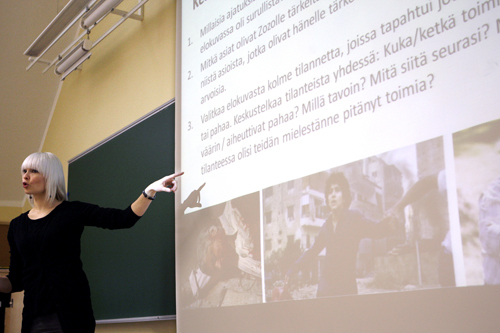
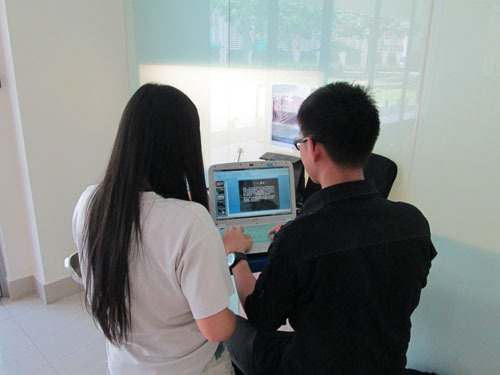
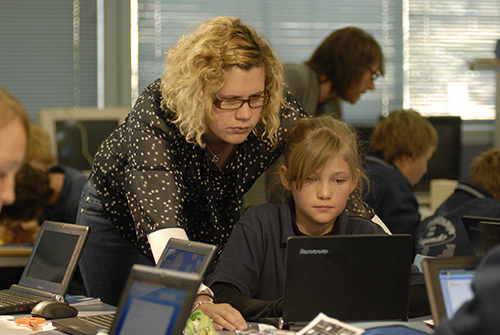
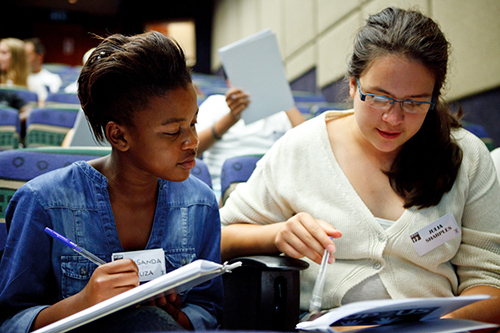
Son Yorumlar